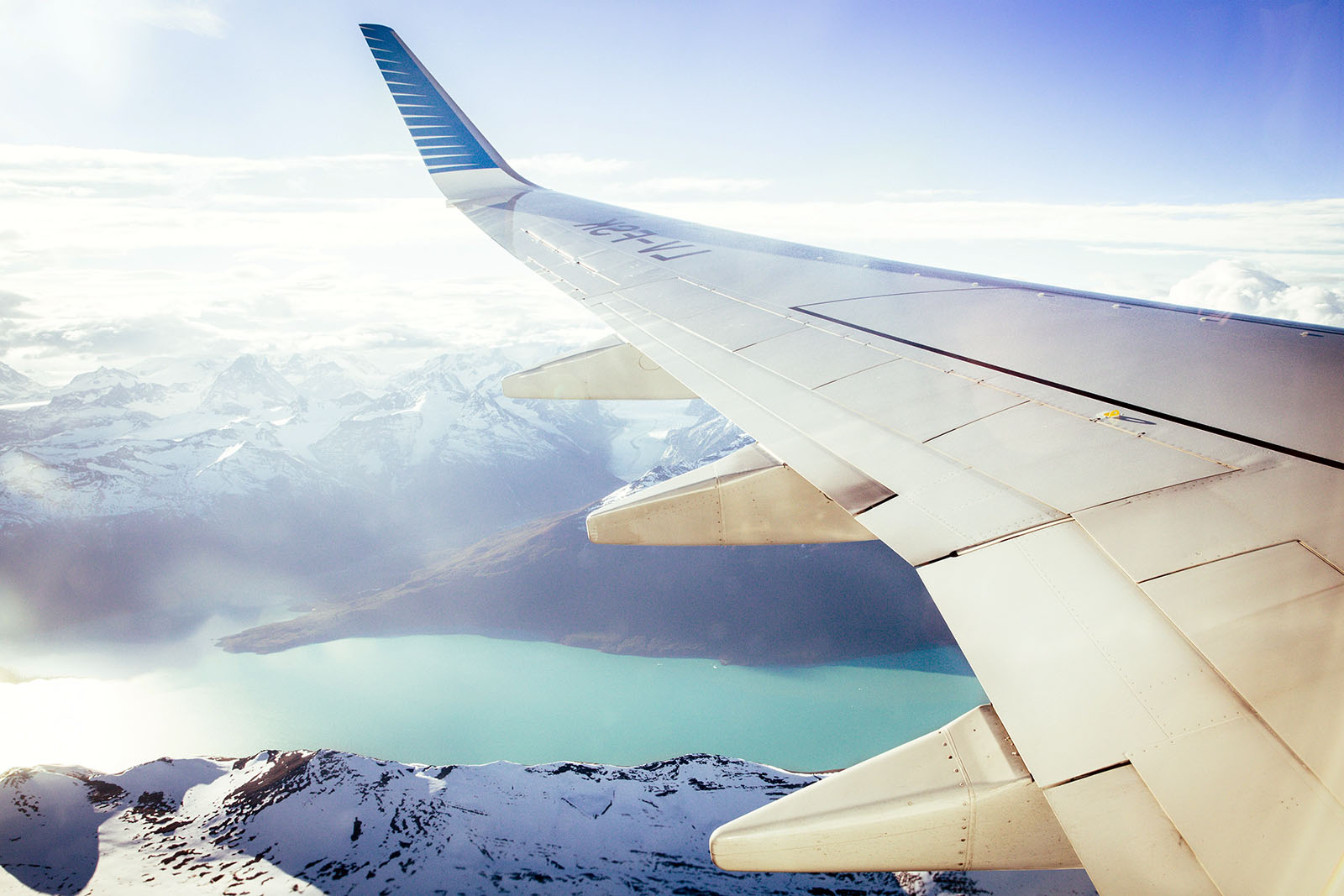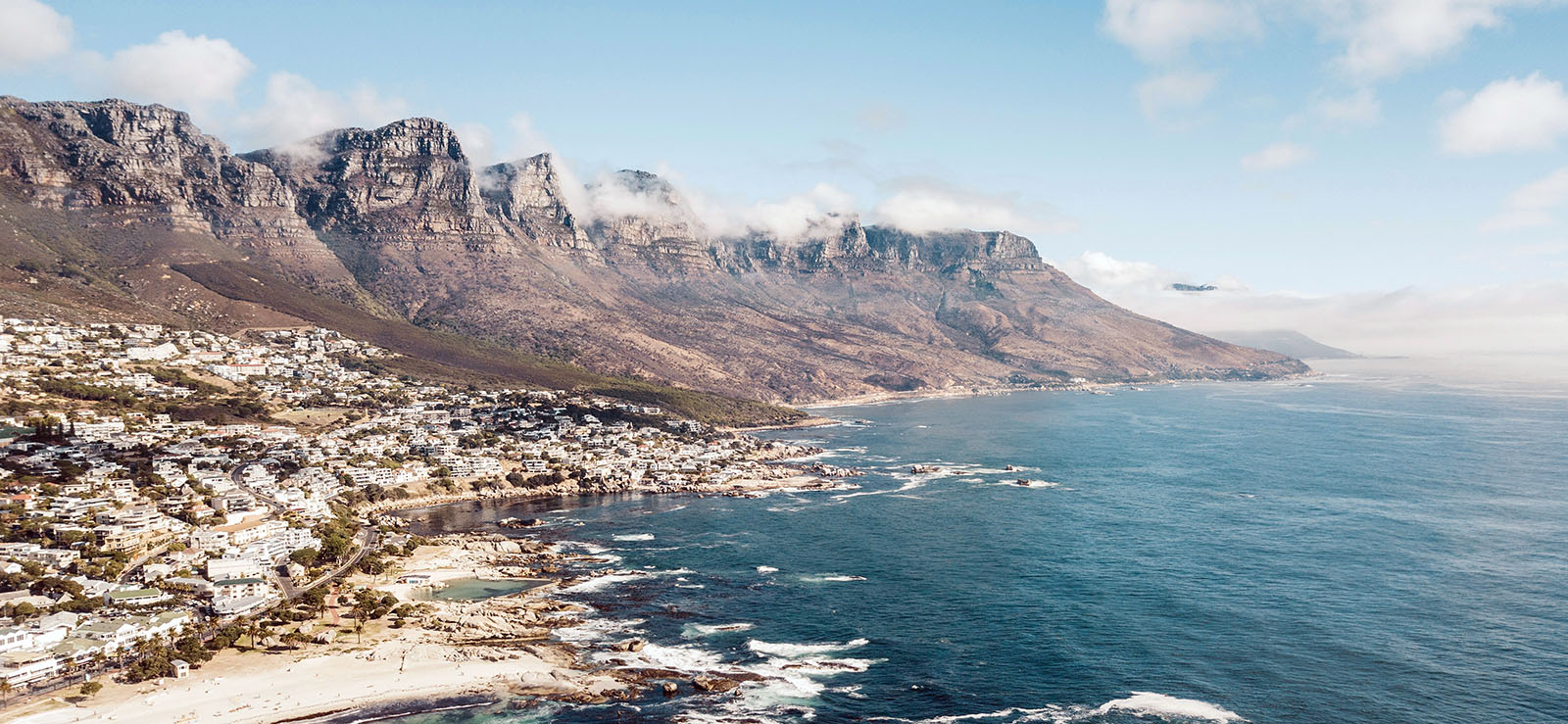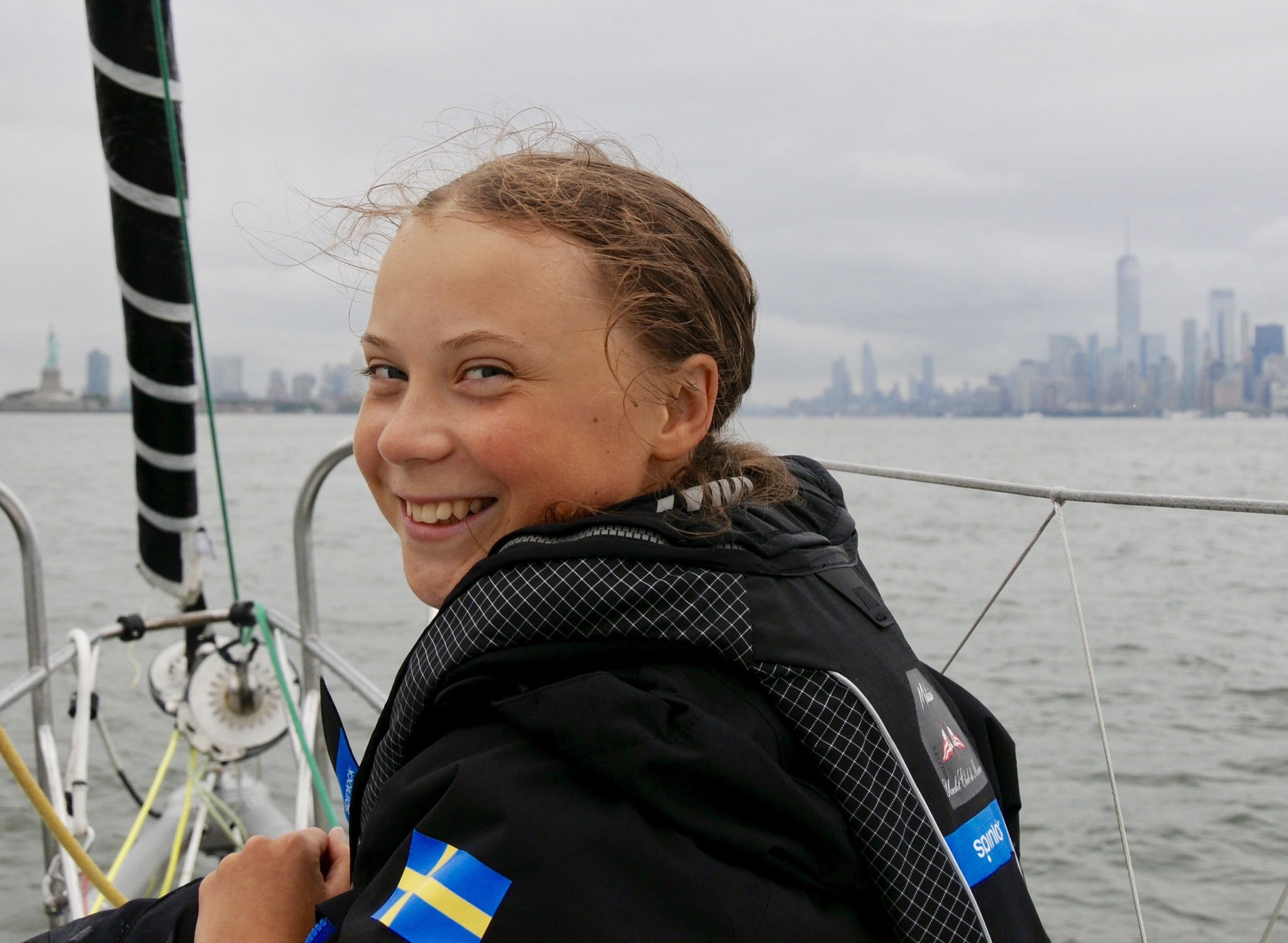Social Responsibility In The Age Of The Location-Independent Traveller

I live a fortunate life. I have a profession that effectively lets me work from anywhere in the world, all while making an income generally in North American dollars. Popularized by such ‘visionaries’ as Tim Ferris, my lifestyle, and the lifestyle of potentially a billion people by the year 2035, is likely a new world norm. No longer are people like me stuck in offices – we can get on airplanes and work from anywhere in the world – from the remote jungles of Vietnam, to the beautiful mountains of Spain’s Canary Islands, to the wineries within a few stone’s throw from Table Mountain in Cape Town, South Africa. All it takes is an airplane ride and we are off visiting somewhere new.

Over the last ten years, I’ve visited over 44 countries. It’s been a life-changing experience, and I’m truly humbled by all I’ve learned and encountered by traveling the world. But it’s also not lost on me that I’m changing and damaging the very aspects of this world I cherish. Tourism in many ways is the anti-thesis to travel – we tend to explore a place in a non-sustainable way, tarnishing the very culture we are there to observe.
This is why many areas of the world are starting to clamp down on tourism – Machu Picchu in Peru is restricting travelers, Maya Bay in Thailand is effectively closed, Amsterdam is pulling back on advertisements, and Venice is soon going to restrict accommodation and overnighters in the city centre.
All of this points to one glaring fact – travel is not sustainable, and by continuing to partake in it, we are damaging the very things we hold dear.
Of course this ties into a much larger and more immediate problem – we are destroying our planet, and are on the edge of a potentially once-in-a-lifetime non-recoverable climate event. The science behind this is absolutely clear and incontrovertible. And the truth is the time for action is long overdue, and it’s up to all of us to try and stop this runaway train. Last estimates show we only have 12 years before the changes become irreversible.
So what can we do? The truth is, we can do a lot, especially because location independent travelers are some of the most privileged people on this planet. But we need to start now.
-
Reduce meat consumption
This doesn’t mean going vegetarian or vegan, but it’s pretty clear most ominvores and carnivores eat too much meat. Even on a keto or low-carb diet a person should only be getting upwards of 25% of their calories from meat. So take a look at your consumption and see if you can reduce it.
-
Minimize your water and electricity usage
Go through all your lights and replace them with LEDs. Try and wash with only cold water. Run your dishwasher only once or twice a week (and dishwashers are actually way more efficient than washing by hand). Keep showers to a minimum. Unplug electronics at night or put them all on a power bar and flip the master switch so they don’t draw phantom power.
-
Drive Less
This isn’t that much a problem for my digital nomad friends – most of them don’t have cars. But whenever possible try to walk or take a bike instead of a taxi.
-
Minimize your air travel when possible
There’s been this recent trend with shaming people for airline travel. Some of my peers have pushed back against it, but I actually think it’s justified. Air travel is one of the most harmful activities in terms of carbon dioxide output on the planet. And most of my peers are comparatively well-off in terms of finances, or at least the ability to generate income. So all of us, myself included, should be doing better in this respect. And while carbon offsets aren’t the long term solution we need, they are a temporary solution, and at the bare minimum all of us location-independent workers and digital nomads should be offsetting 100% of our travel.
One counter argument I hear routinely against the idea of carbon offsets is “how do I know that money will actually go towards offsetting my carbon footprint?” It’s a good question, but to me, mostly meaningless. Doing something is better than doing nothing, and it’s clear we can no-longer do nothing. In the best case scenario your carbon offset money will be used to offset 100% or more of your flight, just as you desired. In the worse case scenario you will have helped take some environmentally project to fruition in some impoverished part of the world, possibly helped make a community better, or improved the quality of life for a bunch of people you didn’t know. If that’s a worse case scenario, I think we can all live with that, no?
We need to stop looking at the cost of our travel, the price displayed to us on internet travel sites, as the actual cost – the actual cost includes our environmental impact as well, and we need to start offsetting it – immediately. I personally would never travel to a foreign country anymore without travel insurance, and neither would most of my friends. To me, the cost of not having travel insurance (if something dire should happen) is way more than the minimal cost of having it. We need to look at environmental costs the same way – that $1,000 flight to that co-living place in Columbia *must* include $50 of health insurance and $50 of carbon offsets. To travel without either is irresponsible. Sure, we can hit GoFundMe when we have a travel accident and move our health burdens onto our friends irresponsibly – but there’s no equivalent safety-net for the planet, and we need to take the responsibility of doing our part seriously.
But what if you can’t afford to offset your travel? Other than a few isolated cases, I really can’t accept that as an argument from any of my peers. Most of us can simply sit down for a few more hours and do a bit more work for our clients and easily pay for a carbon offset. Sure, that money could be used to buy beer, or a surf lesson, or a ticket to a conference. But once we realize it’s the true cost, and it needs to be paid, it’s up to us to find innovative ways to pay for it, even if it means working marginally harder.
Here’s My Pledge
I hope some of my peers will read this post and take it upon themselves to make some changes. I’m certainly not trying to adopt a holier-than-thou attitude – in fact, I get a bit prickly when people have done that to me in the past. But I think we can all agree the time for action is long past, and any improvements we make can only make things better.
That said, my own actions don’t depend on those of others, so I pledge to be 100% carbon neutral going forward. That will likely involve making adjustments at home, offsetting 100% of my flights, and also figuring out my excess CO2 at the end of the year and offsetting that. Is that the best solution out there? Of course not, but it’s better than nothing, and it’s time to make changes.
And to put my money where my mouth is, here are offsets for my current flights and those upcoming:
- Offsets for my current trip from Valencia to Porto – Now
- Offsets for my upcoming trip from Valencia to Santiago de Compostela – Sep 13, 2019
- Offsets for Valencia to Vancouver and back – Oct 2019
Final Thoughts
When you have 16 year-old heroes like Greta Thunberg sailing across the Atlantic (instead of flying) to minimize her carbon footprint, it’s pretty hard to adopt the position that offsetting or foregoing a flight or two is a big deal by comparison.
 Greta Thunberg, role-model and climate-activist
Greta Thunberg, role-model and climate-activist
So count this as the gauntlet officially being tossed. Going forward I pledge to post all receipts for my carbon offsets somewhere where others can verify them, and I encourage you to do the same. If you know other digital nomads, feel free to send them this post an encourage them to strive for carbon neutrality as well. If you are looking to offset your travel, check out Atmosfair (not an affiliate link) – I tried three Gold Standard companies tonight, and I like the certificate they give you and think it can be useful to keeping track of your offsets.
If you run a co-working or co-living facility, I encourage you to include direct links to carbon offsets during your booking process, and again in the confirmation emails you send out. Please do your best to make your facility carbon neutral as well – while not the goal, I suspect that being carbon neutral, and advertising that you are, may even be good for business. Let’s use our collective social and business circles to get behind pioneers like Greta and help start fixing the world instead of mostly damaging it.
So here’s what I need from you:
- Pledge to be carbon neutral too
- Use your influence to educate others and encourage them to do so as well
- Share this post, or other material, with your digital nomad and location-independent peers
- Encourage every co-working or co-living facility you visit to adopt a carbon neutral pledge as well
And of course, hold me accountable to all of this as well – we will only accomplish these goals as a collective, and it’s important for us all to work together, to hold each other accountable, and also have empathy for the missteps we will likely collectively make along the way as well.
To keep myself, and everyone else accountable as well, I’ve created a Facebook Group – Neutral Nomads. Please join the page there so we can all figure out ways to encourage and elevate each other.